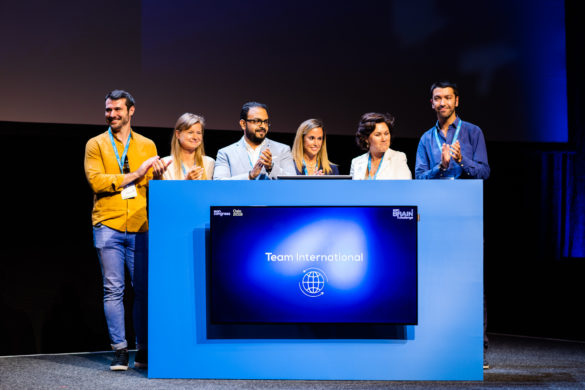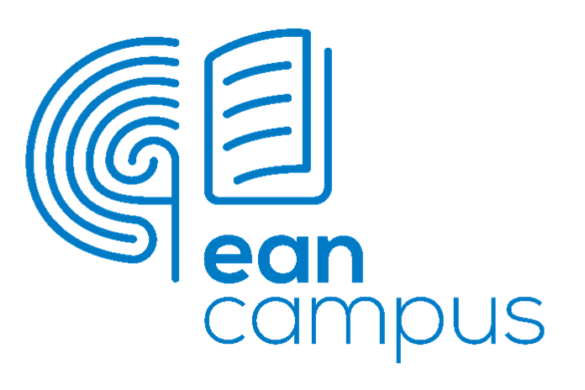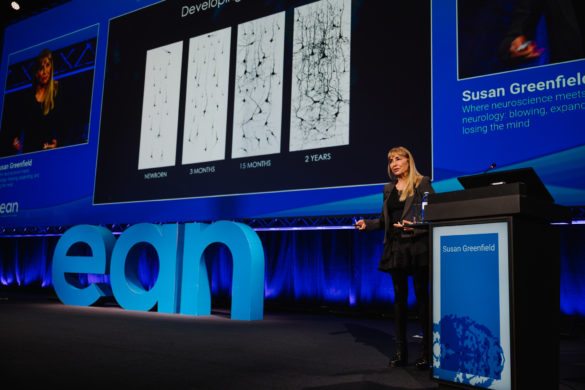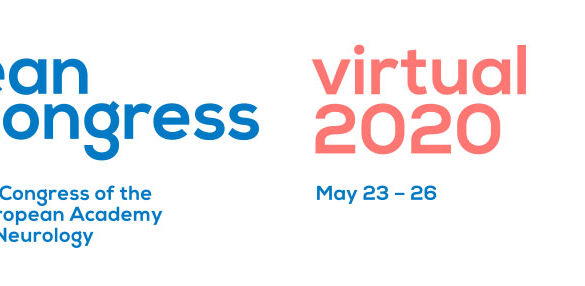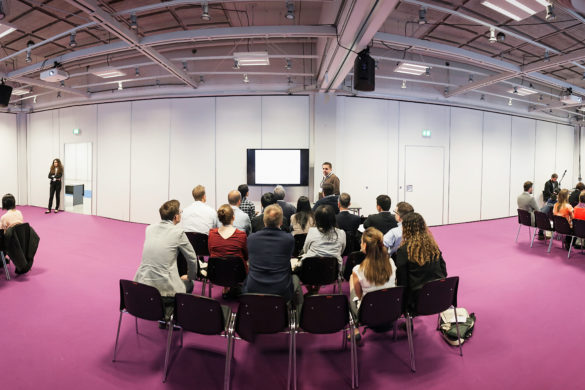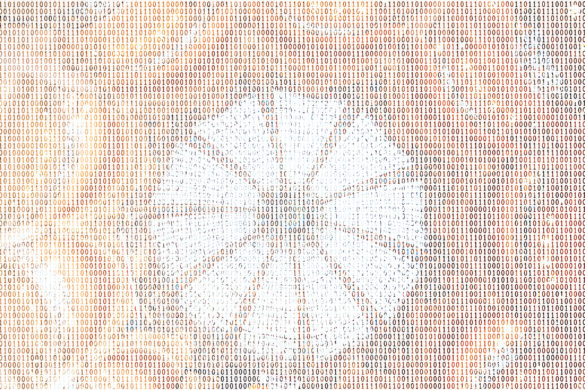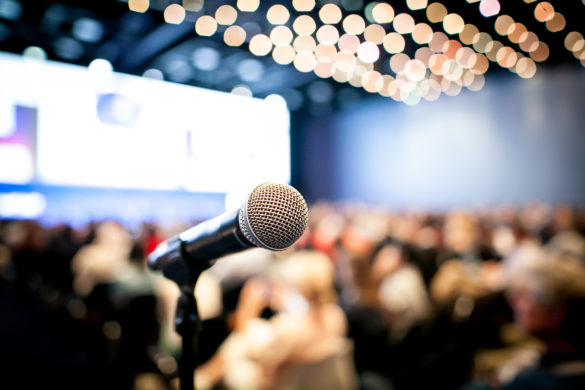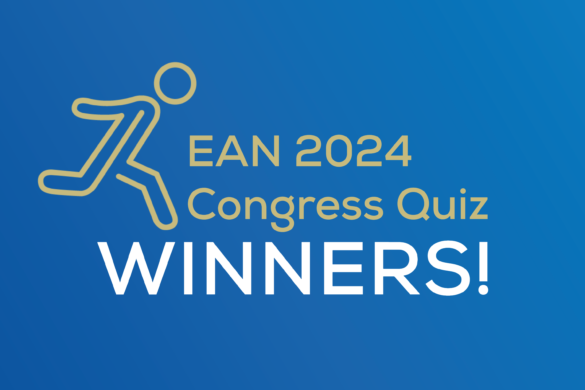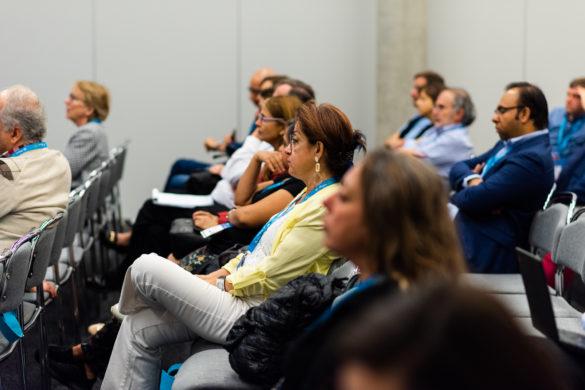by Prof. Anita Kamondi, Secretary/Treasurer of EMEAC-IFCN
The Europe, Middle East and Africa Chapter of the International Federation of Clinical Neurophysiology (EMEAC-IFCN) holds its congress every two years in Europe, as well as advanced training courses. It also promotes and supports pre and postgraduate education in clinical neurophysiology and encourages scientific research.
To strengthen collaboration between EAN and EMEAC-IFCN, a Memorandum of Understanding (MoU) was signed in 2017. As part of the collaboration and joint scientific activities within the EAN Congress 2022, a clinical neurophysiology programme has been organised for 25-27 June.
On the 25th, the day will begin with a hands-on course on needle EMG and jitter analysis (08:00 – 09:00, HoC Room) detailing their use in the differentiation of weakness due to neurogenic, myopathic and neuromuscular transmission disorders.
In parallel, a focused workshop (08:00 – 09:30, Room Copenhagen) will be held on the utility of clinical neurophysiology techniques in the early diagnosis and follow-up of neurodegenerative diseases with cognitive impairment. The presentations will show how long-term EEG registration, resting state EEG analysis and transcranial magnetic stimulation (TMS) can help in the diagnostic work-up of dementia.
In the afternoon there will be a hands-on course (15:00 – 16:30, HoC Room) on the clinical relevance of the neurophysiological study of reflexes, focussing on the H reflex, the blink reflex, and the startle reflex. The day closes with another hands-on course (16:45 – 17:45, HoC Room) on non-invasive brain stimulation. Repetitive TMS (rTMS) and transcranial direct current stimulation (tDCS) methods will be presented. Attendees will be familiarised with these techniques and discuss their methodology and uses with experts.
On the 26th, there is a hands-on teaching course (15:00 – 16:00, HoC Room) on single and paired-pulse TMS tests. Its aim is to provide basic theoretical and practical knowledge on cortical excitability testing. After short lectures, the experts will demonstrate the methods on volunteers.
Finally, on the 27th, the neurology and neurophysiology of deafferentation will be presented in a Scientific Theatre lecture (12.30 – 13.00, Scientific Theatre).
Overall, the joint sessions covering different aspects of Clinical Neurophysiology will introduce you to the attractiveness of this field as well as improve your knowledge!




